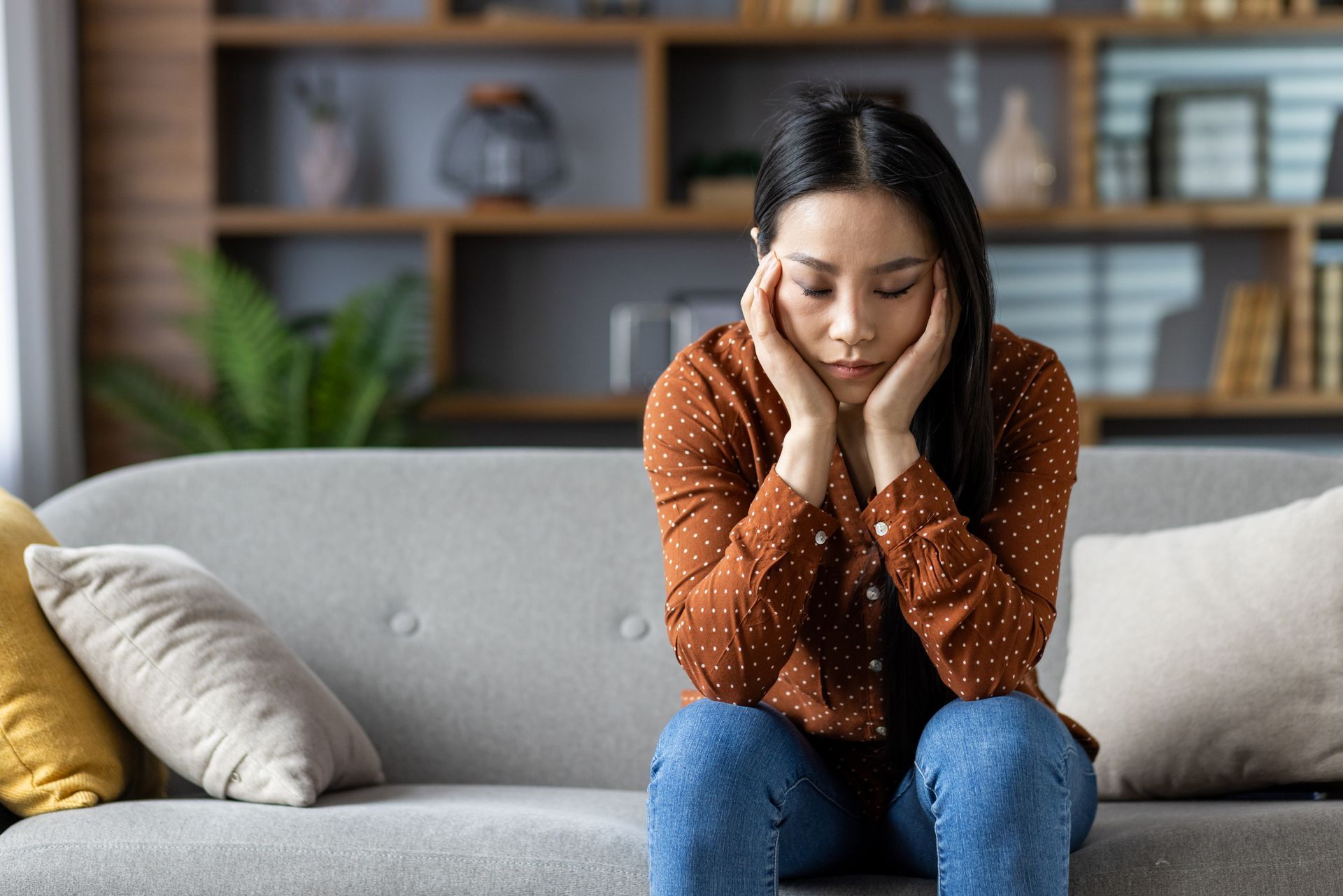How Global Events Influence Mental Health
The connection between world events and our individual well-being is closer than ever before. In cities like Miami, New York, and Austin, the ripple effects of major happenings—like global pandemics and sweeping societal changes—are evident in the everyday mental health of their communities. While national and global events set the stage, local factors transform these influences, shaping the unique mental health landscape of each city. Understanding this relationship is essential for fostering resilience and ensuring the effectiveness of localized mental health services.
The Domino Effect: From Global Event to Local Impact
National and global events can trigger a cascade of emotional responses. For example, the COVID-19 pandemic not only affected physical health but also led to a surge in anxiety, depression, and stress-related disorders across the United States. Symptoms of anxiety and depression increased dramatically during the pandemic.
However, the manifestation of these mental health trends is not uniform. Cities interpret and experience these events through their own unique lenses. Factors such as community resources, local culture, socio-economic status, and climate all play significant roles in shaping how residents cope and recover.
Miami: Weathering Storms and Shifting Demographics
Miami is a city defined by its diversity and its vulnerability to both literal and figurative storms. The city’s population is largely Hispanic and multicultural, with strong family ties and support networks. However, Miami is also frequently in the path of hurricanes and faces the challenges of climate change, which can amplify stress and anxiety.
During the pandemic, Miami’s hospitality and tourism-driven economy suffered, leading to financial instability for many. Economic stress, combined with the uncertainty of severe weather events, has contributed to higher rates of anxiety and mood disorders in the region. Floridians reported increased symptoms of depression and anxiety during periods of economic and environmental stress.
Community resilience in Miami often hinges on strong neighborhood connections and culturally sensitive mental health services. Organizations like NAMI Miami-Dade have stepped up to provide resources and support tailored to the needs of the city’s diverse residents. This highlights the necessity for mental health care that understands and respects the unique challenges faced by Miamians.
New York: The Pressure Cooker Effect
As one of the most densely populated and fast-paced cities in the world, New York is uniquely susceptible to the psychological fallout of global crises. The city was an early epicenter of the COVID-19 pandemic, and the resulting strain on healthcare infrastructure and social isolation had profound effects on mental health. There was a sharp increase in calls to mental health hotlines and a growing demand for counseling services during and after the pandemic’s peak.
Urban stressors—such as crowded living conditions, high cost of living, and limited access to green spaces—can intensify the impact of national events. Yet, New York’s vibrant community organizations and extensive public health resources have played crucial roles in providing relief. Initiatives like NYC Well have expanded access to telehealth and crisis counseling, demonstrating the power of locally focused services to meet community needs during turbulent times.
Austin: Growth, Innovation, and the Challenges of Change
Austin, once known for its laid-back charm, has rapidly evolved into a major tech hub. This growth brings both opportunities and stressors. The city’s population boom and rising housing costs have led to increased financial pressure and a sense of displacement for some residents. The Austin Public Health Department has noted a rise in anxiety and depression, particularly among younger adults and those experiencing housing instability.
Austin’s creative and entrepreneurial spirit has also fostered innovative approaches to mental health. The city is home to numerous mindfulness centers, therapy collectives, and tech-driven mental health startups. Localized initiatives, such as community wellness programs and partnerships with universities, are helping to bridge gaps in care and provide culturally relevant support.
Why Localized Mental Health Services Matter
While global and national events set the context, the real work of mental health happens at the community level. Local providers and organizations are best positioned to understand cultural norms, language barriers, and the unique stressors facing their populations. Community-based mental health services improve outcomes by offering tailored support and fostering a sense of belonging.
For example, Miami’s multicultural population benefits from bilingual services and culturally aware counselors. In New York, easy access to crisis support and telehealth has helped many cope with urban stressors. Austin’s focus on wellness innovation and community partnerships reflects the city’s entrepreneurial character.
Building Resilience in the Face of Uncertainty
Resilience is not just about bouncing back; it’s about adapting and thriving amid change. As Miami, New York, and Austin continue to navigate the aftershocks of major events, ongoing investment in local mental health resources is essential. This includes expanding access to affordable care, training providers in cultural competence, and fostering community programs that promote connection and well-being.
At Vital Psych MD, we recognize the importance of community-specific care. Our team is dedicated to providing evidence-based, compassionate mental health services tailored to the unique dynamics of each city we serve. If you or someone you know is seeking support, reach out to us to learn more about how we can help you navigate these challenging times together.











